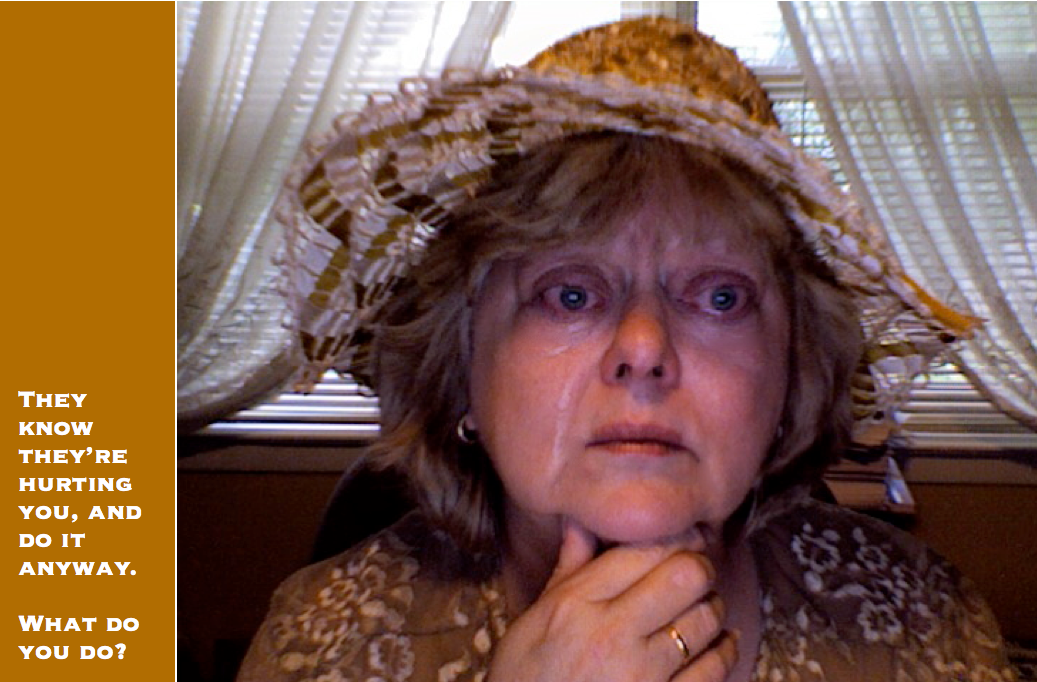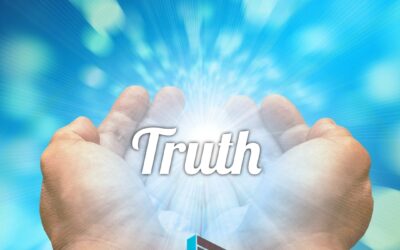Warning: This is a no-edit zone…
The adrenaline is settling for many, and yet anxiety runs high because looking ahead so much is uncertain. Our own futures are, in part due to the economic crisis, a mystery to us. There are many other factors, including new leadership, but Americans are by nature ones to rally around their leaders until such time as they feel they no longer deserve our support. So the leadership issue isn’t driving our anxiety. The economic crisis and how it will develop and resolve is the root of an enormous amount of anxiety for most of us.
One of the major challenges for those trying to tamp that anxiety is doubt that those responsible–and there are many in all quarters–will be held accountable. We’ve been lax on responsibility and accountability for a while now, but this crisis has brought those things into sharp focus, and now we expect it. Many demand it.
Believers are far less anxious, which is to say, they’re not out on the ledge. Why is that?
The answer can be summed up in one word: Faith.
We know that regardless of accountability by man, every individual is held accountable for his or her actions and deeds by the ultimate authority. The scales will be balanced. We might not know the point and time. We might not see it. We might not feel the weight of the shift. But we know that accountability will be had because the Bible tells us it will, and we believe it.
We know that in that balance, personal responsibility is reconciled. We are responsible for ourselves and our actions. We know that while government sets policy and laws consistent with a civil society, God’s laws supersede and they are not mutable. Responsibility on the part of every individual will be had because the Bible tells us it will, and we believe it.
Those two things diminish a great deal of anxiety. God’s promises diminish more.
Times will not always be good or easy. We’re told we’re tested to strengthen us.
We know that no matter what happens, we will never be given more than we can handle. Sometimes we wonder if God slipped off for a snooze and thinks we’re stronger than we are, but we ultimately discover that He hasn’t slipped off anywhere, He knew our abilities and capabilities, and while we might have doubted, He knew. We find solace and comfort and strength in knowing we can handle what confronts us or it wouldn’t be confronting us.
Believers know what they believe. While their understanding grows and deepens and at times refines their belief–they explore and grow in faith–it is faith itself that sustains them and allows them to take risks, face dangers, do what must be done to fulfill their purpose. They know their minds, and their hearts, and the two are working together in tandem.
So the message I’m trying to share is to know your beliefs.
During the course of the election, I received so many emails from readers seeking direction on how to vote. People were torn, confused, worried about the future and unsure of what to do. They were fearful of making a mistake.
I attempted to address this without interjecting my personal views in a post where I recommended people look at the voting records and the character of the candidates and to use that as a basis to form a choice.
The records tell us where candidates have been, what their focus has been on, and in part what they believe. The character tells us who the candidates are, what they believe in, and who they hope to become. That guides us on the choices they are apt to make shaping our futures.
The problem I saw in the emails weren’t that the voters were uninformed. It was that the voters hadn’t really thought out their own beliefs. What they personally thought about the issues. And that was the root source of their anxiety.
I’m not talking about rote answers. I’m talking about practical application. Looking at an issue, knowing the candidates stands on those issues, and then putting that issue into a practical application so that the weight and impact of the differing choices is mentally realized so that the differences in the results can be analyzed.
Often when one invests long enough to do this, one has no questions. One might not agree with any one candidate on every issue, but the individual does know which candidate agrees with the person on the issues that most matter to the individual.
When you don’t know that in which you believe, you forfeit your voice. When you do know, you can use your voice and be heard.
Believers understand this. They understand that you can’t be a silent entity or forfeit your voice without forfeiting more.
Faith isn’t just words, it’s deeds in action.
But to put the right deeds into action, you first must know in what you believe.
Blessings,
Vicki
c2008, vicki hinze





